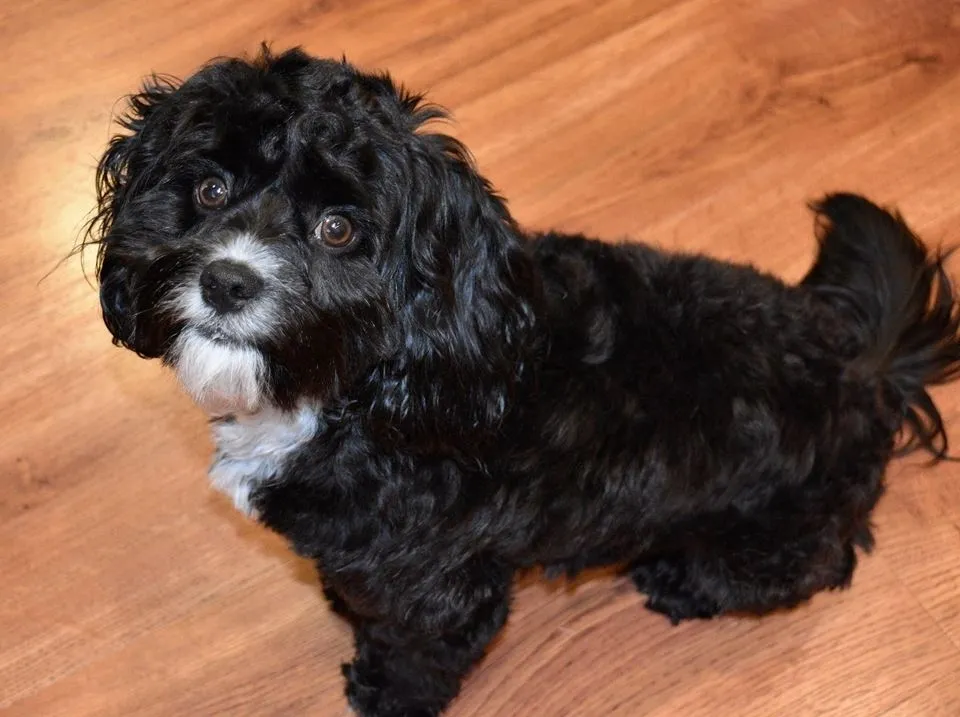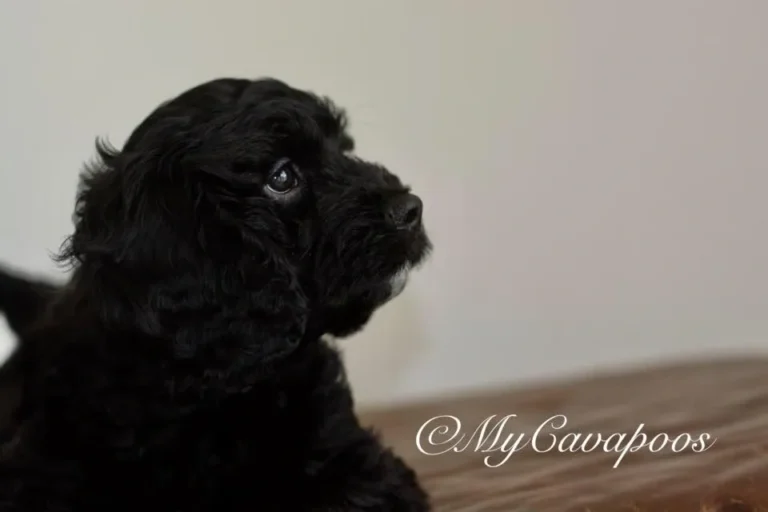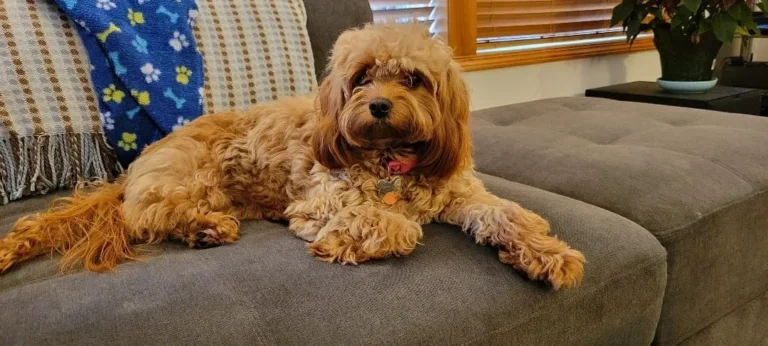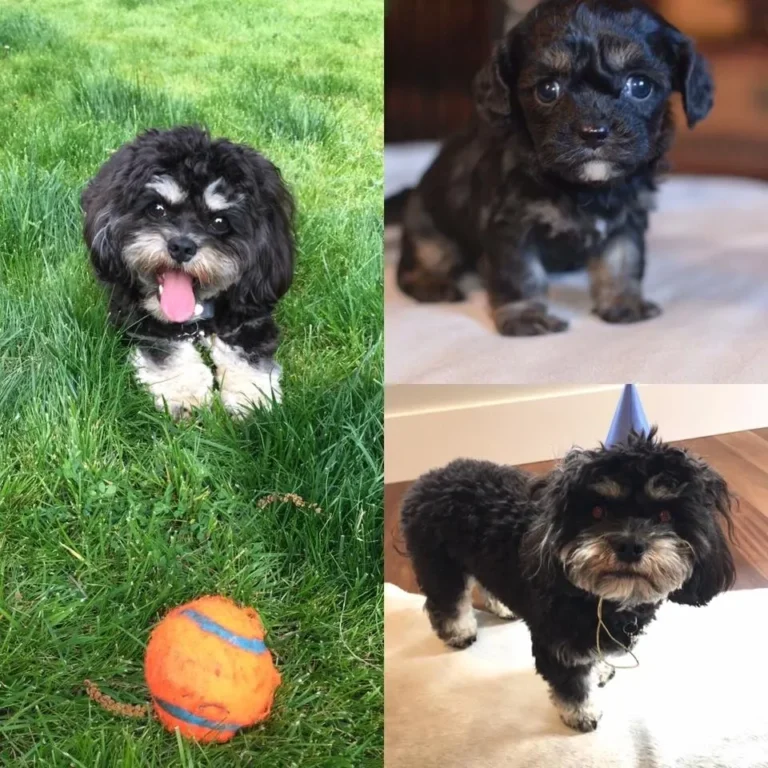Hope all you new puppy owners are doing well and that you’re adjusting to life with a puppy! Thought I should go over some things that you should be doing or not doing. For many of you it’s your first time having a puppy so don’t worry if you’ve already done some things you shouldn’t be doing…we live and learn, right?
- Bathing – This is not a human baby so you do NOT need to bath every day or every few days. If you do bathe often, your puppy will have dry skin and have flaky skin. You can bathe once a week if you feel the need or for adults every 4-6 weeks. Remember to use soft and safe shampoo.
- Socializing – If your puppy has not received its final set of vaccines then you SHOULD NOT be going out with your puppy to parks, stores or even walking around the block. You never know what’s around the air and parvo stays in the ground for up to a year in soil. If you have friends that you know have not had any problems with their pets lately then you can have them visit your puppy. Puppies are susceptible to diseases, parasites/worms, and infections so don’t be surprised if fecal test comes positive because just by contact to dirt/grass/water they’ll become positive in the fecal test and need deworming.
- Deworming – We deworm our puppies while they are at our home and do a fecal test at the vet. If the fecal test is positive for parasite then we’ll give them the appropriate deworming. It’s not uncommon for pups to test positive throughout their life. We’ve been struggling with turkey poop in our property as our dogs have been all over that. So we’ve been on top of deworming with our dogs. At your place, it might not be turkey poop but it may be eating grass, dirt, licking shoes, floors or simply sniffing other dogs stool. If your puppy has loose stool you should get a fecal test. If you’ve recently changed your puppy’s food then that could be why the puppy is having an upset stomach. Be sure to continue deworming even if your cavapoo is an adult. We cannot guarantee the pups will not have parasites even though we deworm and do fecal tests. We also will not be responsible for any expenses incurred from parasites in your puppy. Parasites are very common in puppies and may include but not limited to; coccidia, giardia, roundworms, or hookworms.
- Brushing – Be sure you’re brushing your puppy so that once he/she’s older it won’t be a struggle. Make it pleasant! Give treats and praises.
- Crate-training – Crates are great for so many reasons. It provides a safe place for your puppy and as an adult, if your dog feels unsafe/scared it should have a place to retreat to. During fireworks and thunder, some dogs will panic and some will run so instead of running it should retreat to its crate.
- More about crate-training It is not uncommon for puppies to cry through the night when they are first placed in their crate. Many new puppy parents find it hard to ignore the cries and decide to take the puppy out of the pen/crate. Your puppy is not potty trained yet so it’s not a good idea for it to sleep on your bed. You could also squish your puppy in your sleep or your puppy could fall off the bed and harm his/her leg, neck or head due to the fall. Responding immediately to your puppy’s cries when they are unhappy in their crate will let your dog know that they can cry and have a tantrum and you’ll let them out. This behavior may make you feel needed but believe me it’s not cute when they are adult dogs and still throwing a fit.
- Basic Training – As the puppies don’t have all their vaccines you probably haven’t started puppy classes but you can start training at home. Teaching your puppy how to sit is easy to teach. It’s all about consistency. Look at some videos and/or read books that may help you train your pup.




